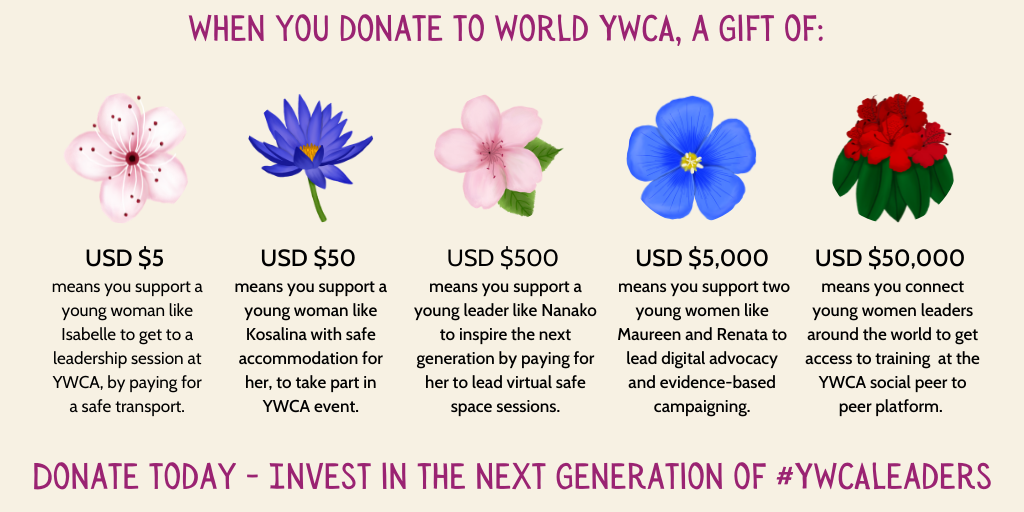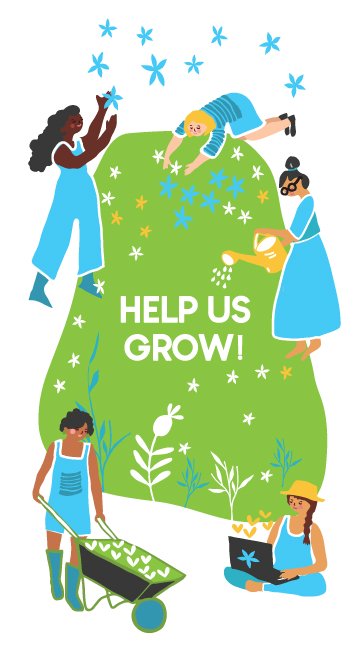Get inspired by stories of change, take action by donating to World YWCA
Roni was an inquisitive young girl, and had questions about menstruation and the female body. But when she asked her mother about them, like most Nepali kids, she was shut down and told to wait until she got married. That’s when she decided to address the concerns regarding menstruation with girls and young women in her community and educate them about their rights.
When Roni first joined the YWCA, she focused on schools, colleges and universities. As she discussed sexual and reproductive health and rights (SRHR) and mental health with students, she also pushed the administration to ensure there were separate toilets for girls with adequate access to water and disposal facilities. She facilitated knowledge exchange between teachers, parents and community members for long-term sustainable impact.
Over the years, Roni has collaborated with various organisations and women’s groups to reach out to diverse groups of young women and create awareness about family planning, contraceptives, safe abortions and menstrual health management in the region.
Roni’s work is not easy. She, like many of her fellow Young Women Leads, is subjected to frequent verbal and mental abuse from local men. Many schools refuse to let her conduct SRHR sessions because they consider them to be inappropriate and a means to corrupt children.
Madhyapur Thimi, Nepal
Nepal is a conservative country where SRHR is often brushed aside. In some communities, girls and women are isolated in an outhouse when they’re menstruating — a practice called ‘Chhaupadi’. During this period, they are considered “impure” and prohibited from interacting with the family. In several cases, girls are known to have been sexually abused or suffocated to death while in exile.
The pandemic made it even more crucial for Roni to continue her work. As screen time increased during this period, Roni took the opportunity to regularly provide youth-friendly digital content about SRHR and mental health on social media and messaging platforms. She also created communication material about cyber bullying to navigate a new problem that boys and girls were facing in Nepal.
“World YWCA helps so many young leaders like me connect young women with opportunities to learn and train in the things we want to, and care about,” enthuses Roni.
Over the last year, Roni has been hosting awareness and training sessions to talk about menstrual hygiene. She addresses mental health issues, and provides counselling to girls, young women and women who need support. She’s even been lobbying with the government to ensure sanitary napkins are included in family relief packages.
Roni understands that Nepal needs safe spaces and gender-friendly environments where people can converse without fear of judgement, engage in meaningful participation and take part in decision making for themselves. And she wants more young women to take the lead to push this movement forward.
As the World YWCA, we will continue to share more evidence from the ground about the power of investing in feminist movements and leaders who embrace the challenges and make real impact on-the-ground.
We know you believe in the power of young women, as we do. Will you invest to make this a reality?
DONATE today – no matter how big or small.
Invest in the next generation of #YWCAleaders #YoungWomenLead








One Comment